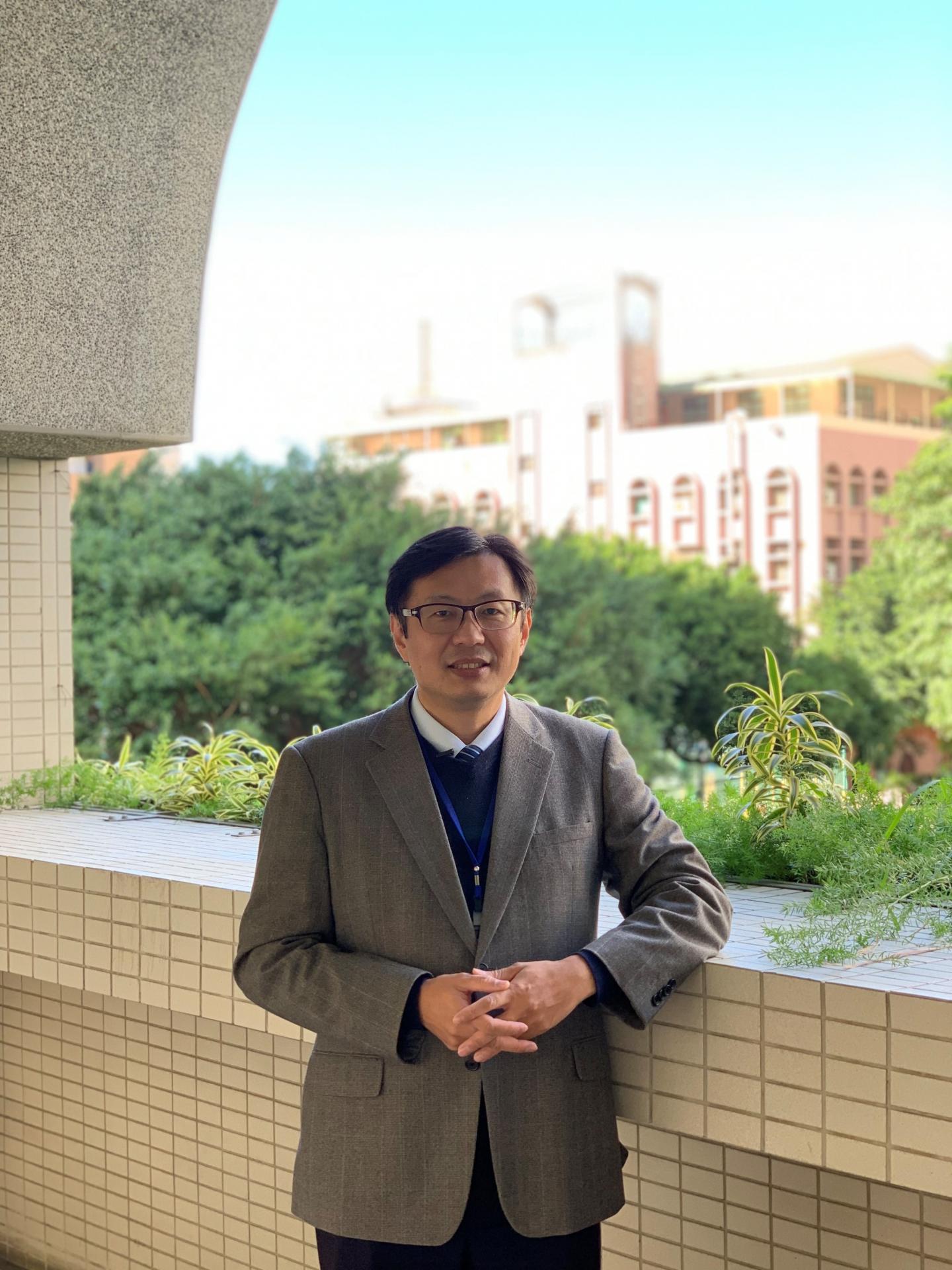Dean's Message

The College of Chinese Medicine is one of the most distinctive colleges of China Medical University. Since the founding of China Medical University in 1958, the College of Chinese Medicine has expanded to three undergraduate departments (School of Chinese Medicine (including undergraduate, master’s and doctoral programs), School of Post-Baccalaureate Chinese Medicine, and Department of Chinese Pharmaceutical Sciences and Chinese Medicine Resources (including undergraduate, master's and doctoral programs)), two independent graduate institutes (Graduate Institute of Acupuncture Science and Graduate Institute of Integrated Medicine), and two international master programs (International Master Program in Acupuncture and International Master Program in Integrative Health). The total number of students in the College exceeds 1,500. In addition, the College has the most complete “eight disciplines” nationwide to be responsible for traditional Chinese medicine (TCM) teaching and faculty training. The College has the most complete team of TCM faculty members, including 17 full-time faculty members who are ranked as “World’s Top 2% Scientist” by Stanford University, the US. The quality and number of the citations of SCI papers on TCM research in China Medical University are among top ten in the world.
In addition to general and professional courses in the basic education of the undergraduate departments, the College promotes the cultivation of “traditional Chinese medicine scientists”, provides generous scholarships to implement the preparatory student system (preparatory courses for graduate institutes) and elective independent research courses, and engages in TCM literature, TCM, acupuncture, AI (Artificial Intelligence) and big data research. The Graduate Institute of Acupuncture Science is dedicated to the basic, translational and clinical research of acupuncture scientific research. The Graduate Institute of Integrated Medicine is committed to conducting clinical trials of integrative traditional Chinese and western medicine to provide more complete evidence of integrative medical treatment. In addition, the College has International Master Program in Acupuncture and International Master Program in Integrative Health, which are both taught in English to cultivate international acupuncture and integrative health professionals.
“Great doctors are specialized and sincere” — this is the medical ethic that every student in the College of Chinese Medicine should have. The College implements “The Program of University Social Responsibility (USR)” of the Ministry of Education, Taiwan, fulfilling the university's social responsibilities, and is in line with the United Nations’ Sustainable Development Goals (SDGs). The College’s USR Program leads teachers and students to deepen their cultivation in various fields in the aspects of education empowerment, medical care, and assistance to the disadvantaged. It also cooperates with social enterprises and public welfare groups to give full play to the features of TCM and the social responsibility of the College. The College’s medical service team visits remote areas, where medical care is insufficient, and outlying islands in Taiwan or abroad to provide volunteer clinics to disadvantaged groups, and provides charity services with professional knowledge of Chinese and western medicine, which has also been publicly commended by the Ministry of Education, Taiwan, for several years.
The College of Chinese Medicine, CMU is also the only college in Taiwan that has been listed as the “key cultivation college” of “The Program on Bilingual Education for Students in College (BEST, or EMI Program)” by the Ministry of Education, Taiwan for its EMI teaching of TCM. Every year, more than 200 international students visit the College to study TCM. The College devotes to cultivating “global talents”, developing internationalization, and creating an English teaching environment, equipping students with the language skills they need for staying current with the world.
As pointed out by the World Health Organization (WHO) Traditional Medicine Strategy, one of the main challenges of traditional medicine is the integration of traditional medicine into national healthcare systems. In Taiwan, Chinese medicine has been included in the national health insurance since 1996. As one of the largest teaching hospitals in Taiwan, CMU's hospital provides patient-centered medical care which integrates TCM and western medicine. In addition to other systemized hospitals, CMU's hospital, Taichung General Hospital, has the largest and most complete TCM department in Taiwan.
The rapid advancement of AI (Artificial Intelligence) tools is also an opportunity for the College to combine TCM teaching, research and clinical practice with AI innovation and development. The College combines the on-campus AI development and integrates traditional wisdom and modern technology into teaching, research and clinical training. Through the cooperation between CMU’s university and hospital, and the integration of modern technology, AI and precision medicine, the College strives to cultivate a new generation of talents in TCM, acupuncture and integrative traditional Chinese and western medicine.
As a leader in the higher education of TCM in Taiwan, Asia and the world, the College provides TCM education and clinical training that combines tradition and innovation. We conduct research to explore the efficacy and mechanisms of TCM and the integration of TCM and western medicine. We cultivate TCM practitioners and experts in TCM and western medicine to improve and benefit the health and well-being of the entire population.
We hope that the College of Chinese Medicine, CMU will be “From Top 1 in Taiwan to Top 1 in the World!” and hope to develop it to be the number-one college of Chinese medicine in the world.
Hung-Rong Yen, M.D., Ph.D.
Dean, College of Chinese Medicine
